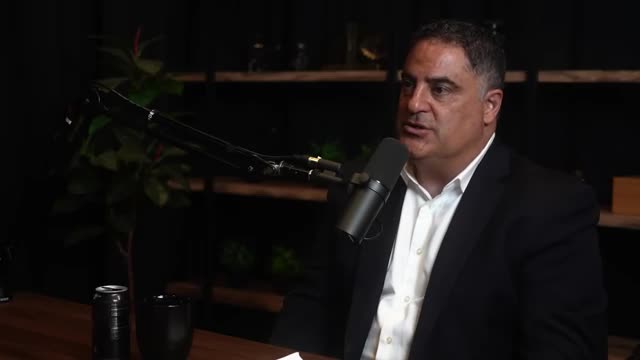Trump's Debate Tactics Spark Controversy and Debate
September 02, 2024 | Cenk Uygur, Presidential Candidates 2024
This article was created by AI summarizing key points discussed. AI makes mistakes, so for full details and context, please refer to the video of the full meeting. Please report any errors so we can fix them. Report an error »

In a recent government meeting, discussions centered around the polarizing figure of Donald Trump, highlighting both criticisms and unexpected support for his actions during his presidency. Participants engaged in a spirited debate about Trump's controversial statements and policies, particularly his tendency to dismiss factual evidence and promote conspiracy theories.
One speaker emphasized the absurdity of Trump's claims, such as suggesting that no one attended Vice President Kamala Harris's rallies, arguing that such statements undermine the credibility of countless individuals who were present. This perspective reflects a broader concern about the impact of misinformation on public discourse.
The conversation also touched on the complexities of Trump's presidency, acknowledging that while he poses significant risks, he also has the potential to disrupt the political status quo in ways that some find appealing. A notable example cited was Trump's decision to assassinate Iranian General Qassem Soleimani. While this action raised fears of escalating conflict, it was argued that Trump's subsequent restraint in military retaliation demonstrated a reluctance to engage in war, positioning him as a leader who could, at times, prioritize peace over aggression.
Overall, the meeting underscored the divided opinions surrounding Trump, illustrating the challenges of navigating political discourse in an era marked by deep ideological divides. Participants called for a more nuanced understanding of differing viewpoints, suggesting that engaging in respectful dialogue could lead to more productive conversations about the future of American politics.
One speaker emphasized the absurdity of Trump's claims, such as suggesting that no one attended Vice President Kamala Harris's rallies, arguing that such statements undermine the credibility of countless individuals who were present. This perspective reflects a broader concern about the impact of misinformation on public discourse.
The conversation also touched on the complexities of Trump's presidency, acknowledging that while he poses significant risks, he also has the potential to disrupt the political status quo in ways that some find appealing. A notable example cited was Trump's decision to assassinate Iranian General Qassem Soleimani. While this action raised fears of escalating conflict, it was argued that Trump's subsequent restraint in military retaliation demonstrated a reluctance to engage in war, positioning him as a leader who could, at times, prioritize peace over aggression.
Overall, the meeting underscored the divided opinions surrounding Trump, illustrating the challenges of navigating political discourse in an era marked by deep ideological divides. Participants called for a more nuanced understanding of differing viewpoints, suggesting that engaging in respectful dialogue could lead to more productive conversations about the future of American politics.
View full meeting
This article is based on a recent meeting—watch the full video and explore the complete transcript for deeper insights into the discussion.
View full meeting